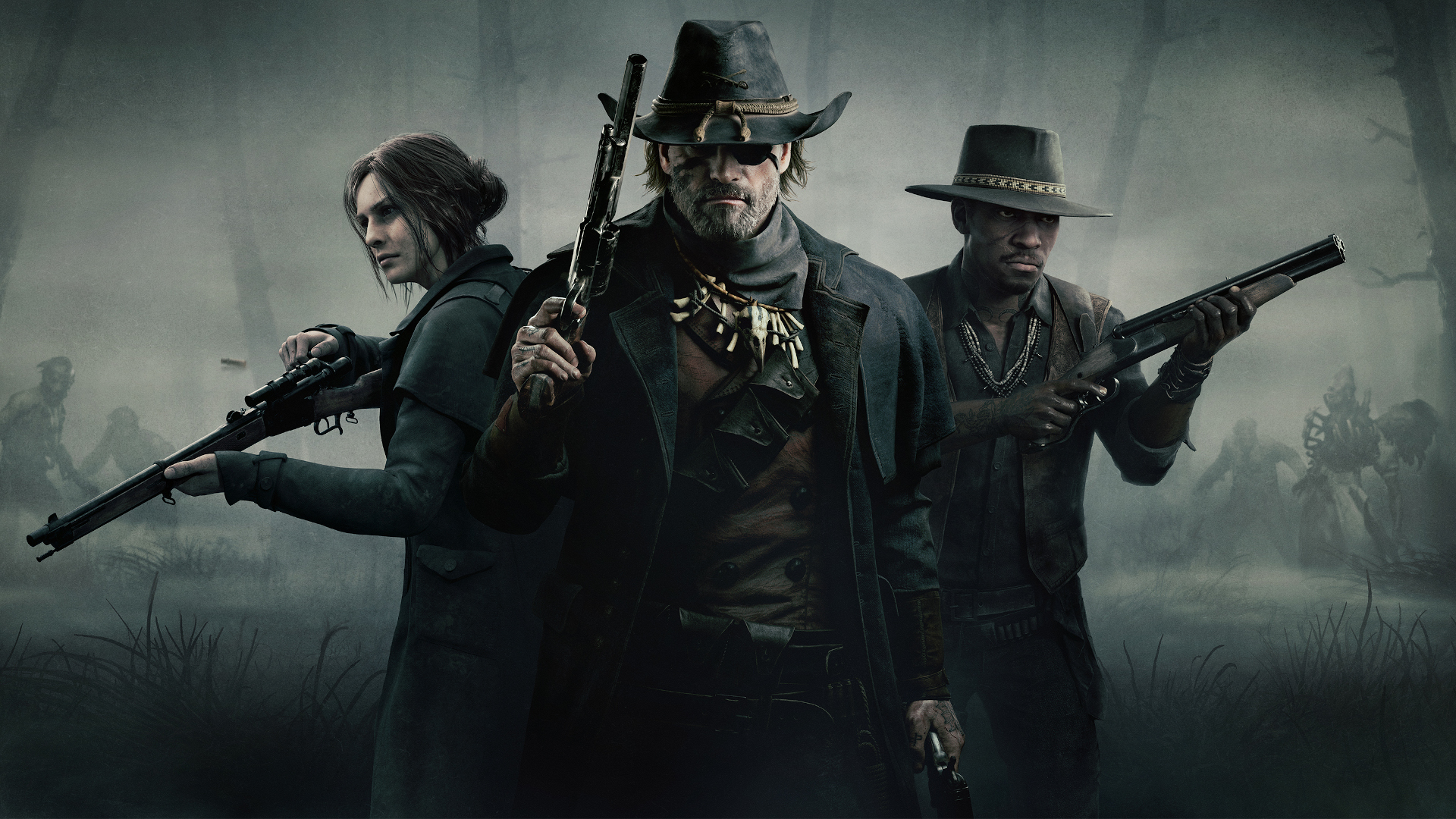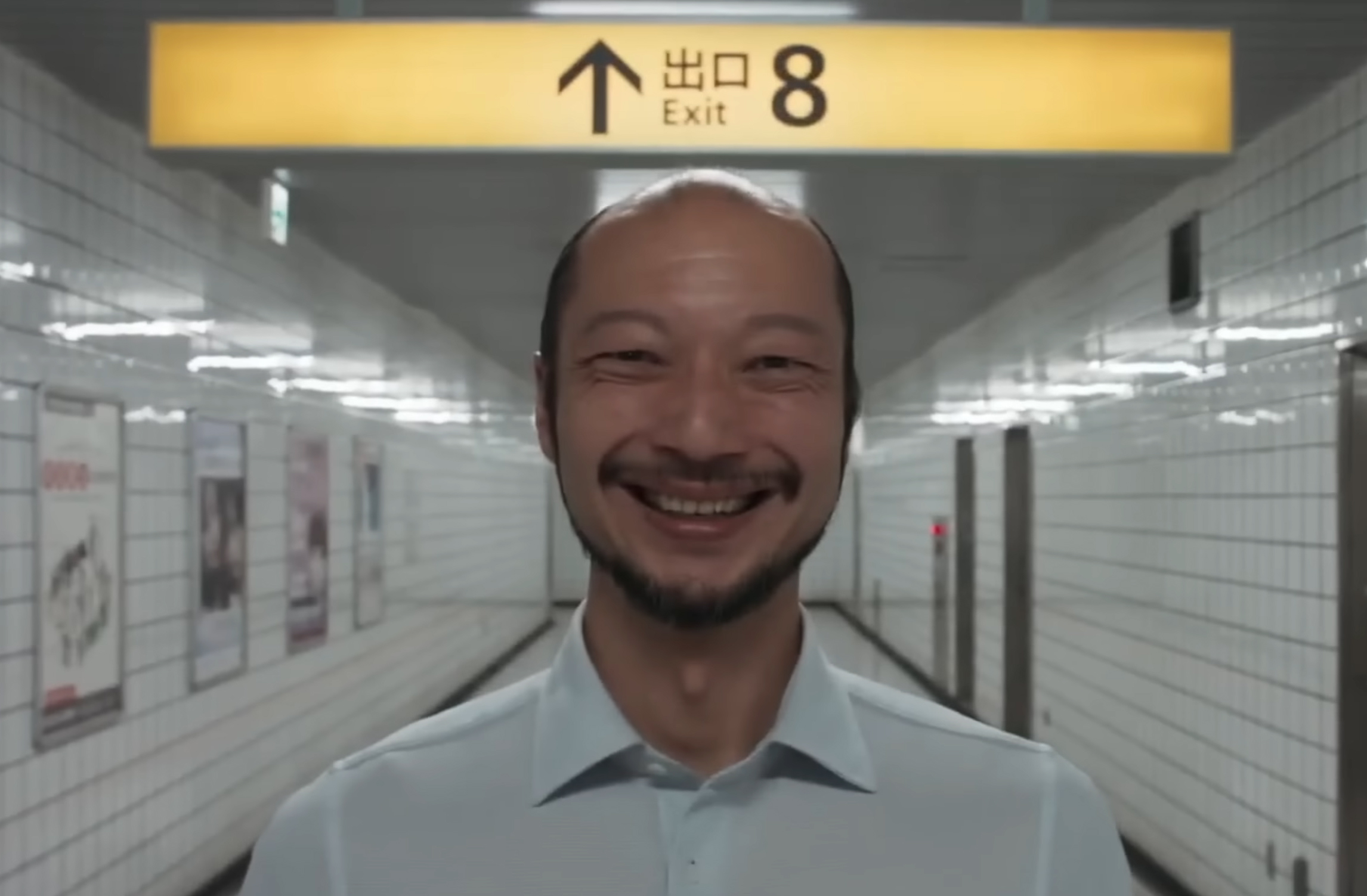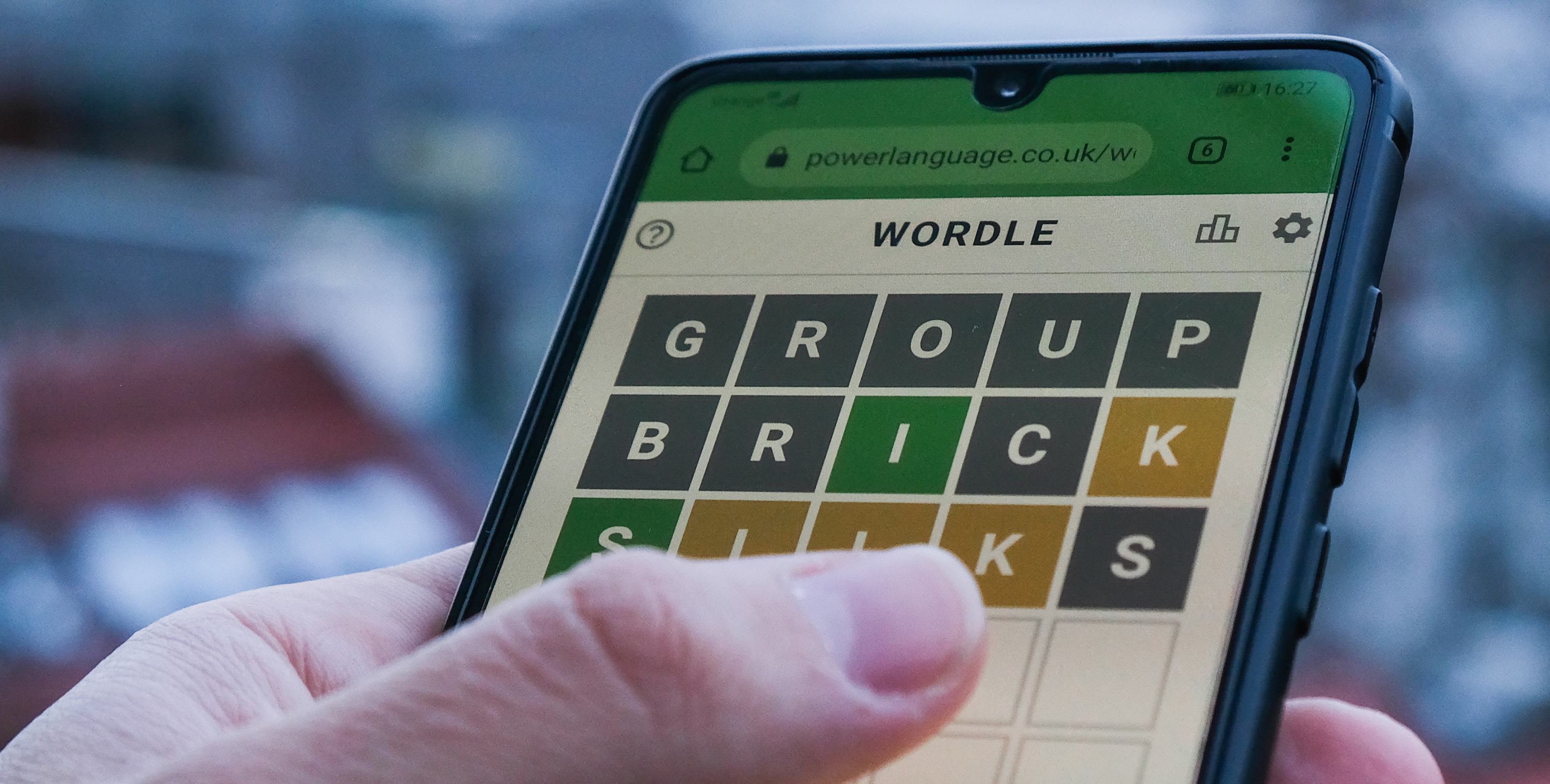
As Hunt: Showdown enters its "1896" era, Crytek is setting the stage to move faster and go bigger.
Hunt: Showdown is about to get its most significant update since its release five years ago. The crown jewel is Mammon’s Gulch, a sprawling Colorado-based map and showcase for some of its incoming engine tech. The update is so big that Crytek took the game offline for 48 hours to properly implement it, and when it comes back online, it’ll have a new name.
Hunt: Showdown is dead, long live Hunt: Showdown 1896.
The 1896 update isn’t a sequel—something Hunt game director Scott Lussier has been clear to note—but it does represent a “new era of what we are willing to explore in Hunt: Showdown,” he told PC Gamer in an interview last week. Crytek wants to future-proof its Wild West extraction shooter, because it’s not going anywhere.
“I want Hunt to last for another decade, if not more,” Lussier said. “That’s my role—to make sure that this game lives for another 10 years easy, right?”
Core to that future is Hunt’s upgrade to a new version of CryEngine, a monumental task that’s been in the works for several years. According to Crytek CTO Clive Gratton, the upgrade propels Hunt into the “cutting edge” of CryEngine.
“Hunt has been due an upgrade with the engine technology for an extended period of time,” Gratton told PC Gamer. “And so what this means is that we’re going to have a lot closer collaboration between the CryEngine team and the Hunt team. Hunt will benefit from ongoing CryEngine development.”
Technical figures at game studios don’t always make the best interview subjects, but Gratton is a strong exception. Described to me by a rep as Crytek’s “engine czar,” he spoke about Hunt’s technical details with the cool confidence of a programmer who’s been tinkering with game engines longer than I’ve been alive. With Gratton, that’s actually true—before landing at Crytek in early 2024, he spent 30 years as a programmer and technical director at Creative Assembly. At one point he stopped in the middle of answering a question to nurture a vape pen he’d been holding the entire time—an off-the-charts level of chill. So when he says Hunt’s jump to CryEngine 5.11 is a big deal, I lean in.
(Image credit: Crytek)
In a new light
Crytek has talked about a few specific improvements that players will immediately notice from the 5.11 update. Improved global illumination will transform the look of Hunt’s indoor spaces with light sources that more believably propagate in rooms. I was curious if realistic lighting might somewhat erode at the intense, pitch-black darkness you get in poorly-lit spaces of current Hunt, but Gratton says maintaining the game’s visual identity has gone hand-in-hand with the improvements.
“We want increased realism, but not at the cost of our game losing its inherent look and feel. There is certainly a balance there between realism of the model and how we want our game to look and play in dark spaces,” he said. “It’s creepy, but it’s a slightly better-looking creepy.” As for raytracing, Gratton describes it as “something we are looking at for the future.”
One feature that’s likely to improve the average Hunt player’s experience overnight is long-awaited DLSS/FSR upscaling support. The game’s minimum specs are actually going up with the 1896 update, but with upscaling, Crytek says you’re to get the same if not better framerates in Hunt than before.
It’s creepy, but it’s a slightly better-looking creepy.
Clive Gratton, Crytek CTO
As shown off in our Mammon’s Gulch interview, 5.11 also introduces a new water shader (a particularly weak element of Hunt’s previous maps) with a new “flow model,” as Gratton describes, and adds support for 3D Dolby Atmos sound. More generally, the new engine has lower input latency and better controller support.
Some of the most consequential upgrades for Crytek are arriving behind the scenes. With the new engine, the environment team can afford a much higher technical budget for maps. That’s why Mammon’s Gulch is noticeably more detailed than Hunt’s three previous regions, and why Crytek plans to polish up its old maps after 1896 drops and then slowly reintroduce them to the game.
“All of a sudden, the constraints are totally changed,” Gratton said. “And [the team] has a whole new bag of toys to play with.”
(Image credit: Crytek)
Road trip
Regarding those changes to Hunt’s existing three maps, Lussier says to expect higher-res textures, more props in places that make sense for telling a story with level design, and “tactical changes” to compound layouts similar to older tweaks. In other words, don’t expect comprehensive reworks of Stillwater Bayou, Lawson Delta, and DeSalle, but it will be a bit more than just making the well-worn area of these maps more HD.
Between finishing Mammon’s Gulch and touching up old locations, Crytek has its hands full at the moment, but Lussier has thought long and hard about where he’d like to see Hunt go next.
“I’ve got a lot of places,” Lussier said with the shy smile of a developer wondering if he’s about to say too much. “I’d say someplace cold feels like the next right move, but I don’t know. Cold sounds fun.”
I’d say someplace cold feels like the next right move.
Scott Lussier, game director
Before you start practicing snow angels, Lussier clarified that Hunt’s next map is undecided, but a snowy locale is high on his “own personal list.” No guarantees, but as game director, we can assume he’ll have decent sway. Snow (which is plentiful around Colorado) does sound like a natural fit for Hunt, right? I see Hunters leaving tracks in snow, a new breed of ice Immolators rising from the tundra, dynamic blizzards forcing players to make fires for warmth—Crytek, you know what to do.
Wherever is next on Hunt’s American road trip, we might not have to wait as long to get there. It took three years to go from DeSalle to Mammon’s Gulch, but Lussier reckons his team can beat that.
“I like going fast, so three years… I think we can do better than that.”
Streamlined map creation is another 5.11 perk, as Gratton describes: “There’s a specific bit of technology which will help [with maps.] Well, there’s a number of different things, but there’s one specific thing that we can do which will help the art team and take an optimization step out of the process.”
(Image credit: Crytek)
As I write this, I can’t play Hunt. It’s still offline, presumably undergoing extensive virtual surgery. Fitting the entire state of Colorado in a 54 GB package isn’t an overnight job, I suppose. The last two days have been a good time for reflection—I’ve recorded 500 hours in Hunt over the last three years (modest, compared to its most devoted players). I started playing right before the last map came out. Since then, it’s remarkable how faithfully Crytek has supported and stood behind Hunt despite never blowing up on Twitch or becoming the “game of the moment” like its competitors.
Crytek hasn’t jumped through hoops to manufacture that virality, either. While other studios are constantly glancing at each other’s homework to see what new limited-time mode or brand crossover will make the numbers go up, Hunt is centered on the feeling of moving over specific, unsettling, lived-in terrain, and populating it with equally dangerous (but somehow subdued) hazards—wildfires, rainstorms, exploding beetle drones, named alligators, triple-barreled rifles, a god damn spear. The way Lussier tells it, he wouldn’t have it any other way.
“When we look in the mirror, we’re happy with what we see.”






